At The Hunting Dynasty we use all our communication chops to make our client’s sustainable products and lifestyles mainstream. Sustainable practice is already the ‘norm’ in some sectors (mostly sectors with long lead times like construction), but every sector will have to be sustainable in order to survive. While going mainstream makes sense logically, we rarely make decisions using logic alone – we’re more instinctive than that. Obama, Cameron, Marks & Spencer and B&Q are all helping to dial our instincts towards sustainable behaviour.
Society’s construction of social norms is an unwritten, constantly evolving, and evolutionary punitive set of group rules that allows us to get along with each other: for most of us our first exposure to this the most popular boy/girl at school. Social norms are commonly described thus:
“Social norms: the rules that a group uses for appropriate and inappropriate values, beliefs, attitudes and behaviors. These rules may be explicit or implicit. Failure to follow the rules can result in severe punishments, including exclusion from the group.”
Heads, you die: Bad decisions, choice architecture, and how to mitigate predictable irrationality, Jack Fuller, Per Capita, 2009
It’s one of the most important – and pervasive – effects in the social psychology cannon. Here’s 4 authoritative icons shaping our social norms:
In december 2009 Obama launched an efficiency drive in the US at Home Depot with the obligatory opening speech. No one was expecting the mention of sex. Or insulation. And certainly not in the same sentence:
 Youtube
Youtube
“I know the idea [of investing in upgrades to inefficient buildings] may not be very glamorous, although I get really excited about it. Insulation is sexy stuff.”
Obama, President of the US
The Conservative Party in the UK have long been known to associate with behavioural economics. Cameron delved deeper into the subject at a recent TED talk, where he highlighted a behavioural experiment to reduce energy consumption in individual consumers, with the view to making it a reality (something a company called Opower have recently done in the US. The first in the world )
M&S will roll-out a number of new products in 2010, including bespoke energy advice, renewable energy solutions such as solar panels & heat pumps, and energy efficient heating products.Great.But even great-er-er is their idea to prime-the-pump by offering free loft or cavity wall insulation to all its employees. If all qualifying employees take up the offer, the retailer says that it will insulate 30,000 homes for free.

“We hope to create 30,000 green M&S ambassadors by offering this energy efficient solution free of charge to our employees. It will… cut… their carbon emissions, cut their energy bills and, we believe, inspire them to become advocates for energy efficiency.”
Richard Gillies, director of Plan A at M&S
It doesn’t get more ‘social norm’ than the having king (queen) of the UK high street going sustainable. Mike Barry – head of sustainable business at M&S, and Lucy Calver – head of food and Plan A marketing at M&S – write in Marketing Magazine:
“…a sustainable future will be achieved only when people feel they are part of a ‘tribe’ for change. They must be made aware they are not alone, but one among millions of individuals who are all making small changes that together make a big difference… Your ‘tribe’ might be your religion, your football club, your allotment committee, or it might be a brand you consume with millions of other people each day.”
 Sutton council in the UK has worked with the London Sustainability Exchange (which is funded through Capital Ambition, London’s Improvement and Efficiency Partnership).
Sutton council in the UK has worked with the London Sustainability Exchange (which is funded through Capital Ambition, London’s Improvement and Efficiency Partnership).
“We recently worked with B&Q to make available 6,000 rolls of loft insulation our residents at a massively reduced price, and we delivered them for free to many households –helping them to choose to take a very simple step to make their homes more carbon efficient, and to save on their bills”
Daniel Ratchford -Strategic Director, Environment & Leisure, Sutton Council
Many of Sutton’s most successful programmes have involved bringing together a wide range of initiatives at the softer end of the scale (“more of the carrot, and less of the stick…” they say). They call this: enabling “smarter choices”.
And I think ‘smarter choices’ is a perfect description of all the examples here. While we rarely make decisions using logic alone, thankfully Obama, Cameron, Marks & Spencer and B&Q did, and in so doing are shaping a social norm that will help create sustainable behaviour.
Image by Freepik
For more on this speak with us, or have a look at our capabilities
Also, as co-founders and supporters of the London Behavioural Economics Network, join the Meetup group and Facebook group for more details and events
Related Posts
August 13, 2023
Money (but not called that, and how it changes behaviour).
Advertising agencies make a lot of…
August 1, 2023
Reading ease is not as easy as all that – comprehension shows the way
It's easy to make text readable, right?…
July 20, 2023
The ‘Hollywood hello’ – and the importance of context when communicating
When communicating we all like to be as…
1 Comment
Add comment Cancel reply
This site uses Akismet to reduce spam. Learn how your comment data is processed.






Today Obama's touting Opwer just like Cameron did at TED.
President Obama Speaks in Arlington
March 5th, 2010 | Author: arlnow.com
"President Obama spoke at OPOWER, a small energy efficiency business based in Courthouse, just before noon today."
http://www.arlnow.com/2010/03/05/president-obama-…